Top 5 Indian Philosophy Books
Philosophical literature encompasses almost every aspect of human life. Many of the greatest thinkers of world history have found themselves strolling through the hallways of philosophy.on Nov 16, 2022
.jpg)
Philosophical literature encompasses almost every aspect of human life. Many of the greatest thinkers of world history have found themselves strolling through the hallways of philosophy. It is the closest we can get to the biggest mysteries of life.
Philosophical literature helps us comprehend how previous societies formed and offers a collective outlook on how far we've come.
This World Philosophy Day, expand your mind and gain a fresh perspective on life with these top 5 books by Indian authors.
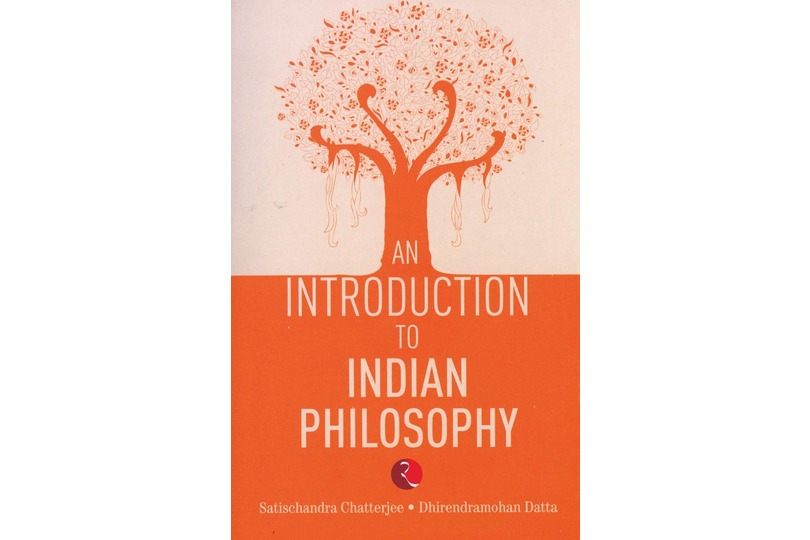
An Introduction to Indian Philosophy by Satishchandra Chatterjee
By comparing and contrasting nine philosophy schools (six orthodox and three heterodox) in India, the author has presented an overview of Indian Philosophy. Accepting the Vedas as authoritative sources determines whether the philosophical school is considered orthodox or unorthodox.
The introduction chapter equips the reader with a concept necessary to interpret the book, and the rest of the book examines the nine schools of metaphysics, ethics, theology, epistemology, etc.
.jpg)
Indian Philosophy by Dr. Sarvepalli Radhakrishnan
Dr. Radhakrishnan's Indian Philosophy introduces readers to Indian philosophy while exploring the Vedic and Epic Periods.
The book comprises expositions of the verses of the Rig Veda, the Upanishads, Jainism, Buddhism, and the theism of the Bhagavad Gita. It delineates the history of Indian philosophy and the ideologies that define it.
The author has endeavored to correlate philosophical texts to contemporary issues of philosophy and religion.
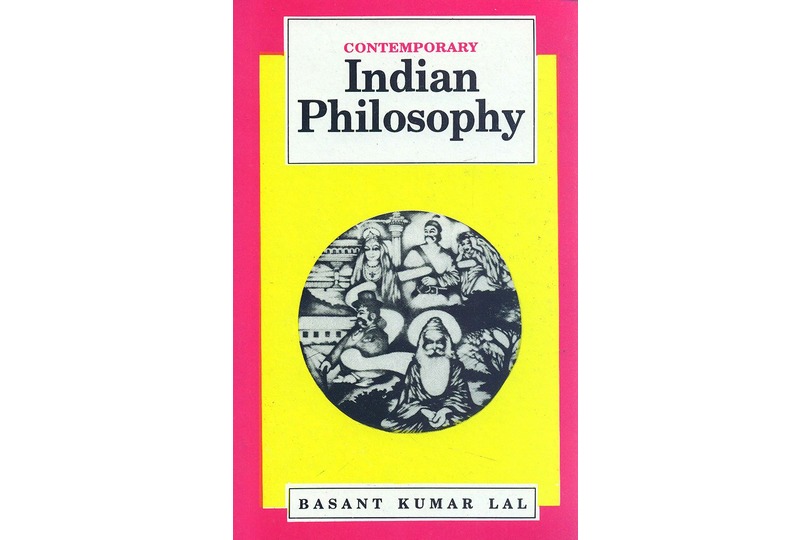
Contemporary Indian Philosophy by Basant Kumar Lal
Contemporary Indian Philosophy attempts to shed light on the need to reconcile the forces of tradition with modernity.
The book emphasizes the primary goal of philosophy, which is to cultivate a worldview.
It familiarizes the reader with the existential awareness of life and consciousness and emphasizes the ultimacy of spiritual values.
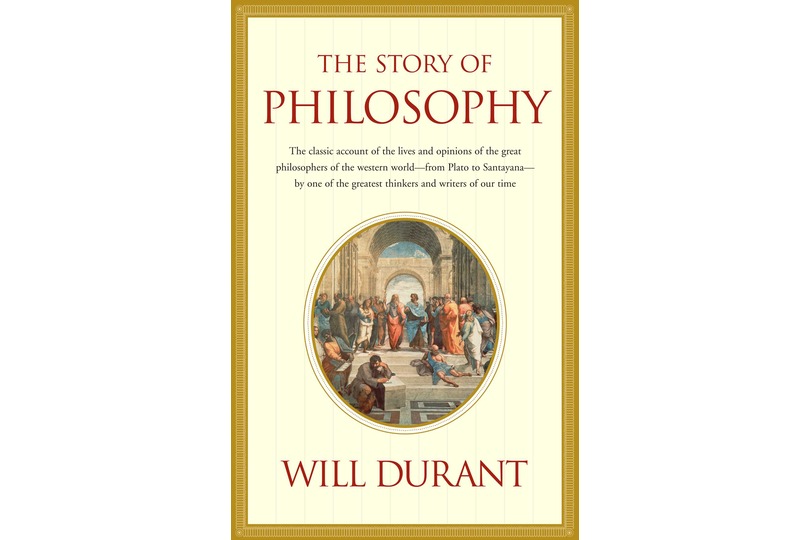
The Story of Philosophy by Will Durant
Composed by one of the leading philosophers of the 20th Century, The Story of Philosophy is an account of the nine greatest thinkers of the world- Plato, Aristotle, Francis Bacon, Baruch Spinoza, Voltaire, Immanuel Kant, Arthur Schopenhauer, Herbert Spencer, and Friedrich Nietzsche, perceived life, the universe, and everything.
It offers an insight into the evolution of philosophical notions over time in the western world through unambiguous proses and explores its relation with political and social affairs.
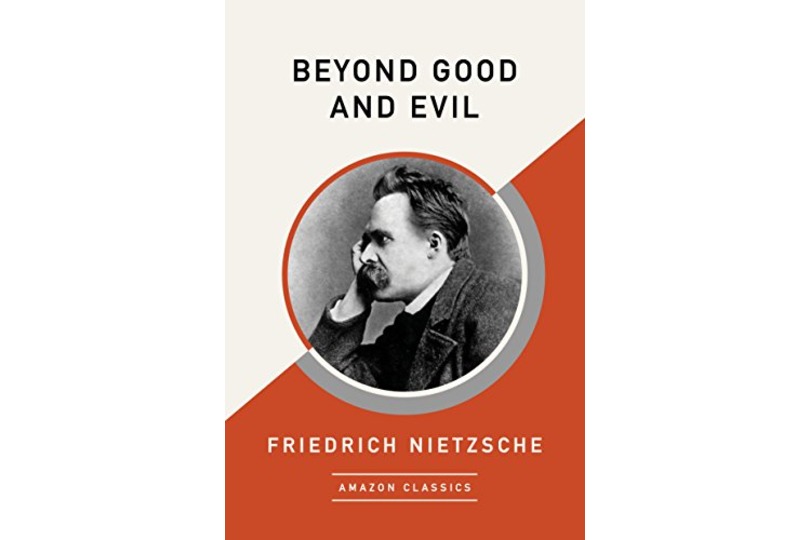
Beyond Good and Evil by Friedrich Nietzsche
Consisting of 296 aphorisms, Beyond Good and Evil comprehensively encapsulates philosopher Friedrich Nietzsche's distinctive perception of the world.
He accuses earlier rationalists of lacking common sense and indiscriminately permitting dogmatic premises in their conception of morality.
He examines the chronology of moral systems and addresses the questions of race, nationalities, and nationalism.
Conclusion
Philosophy enables us to embark on a quest to find the truth concerning the meaning of life, reveals to us the reasons behind the ways we act, helps us comprehend our inner selves, and imparts to us how we relate to the world around us.
Broaden your horizons and deepen your understanding of the world with these existential gems of philosophical literature.

.jpg)







.jpg)
.jpeg)
.jpg)



.jpg)



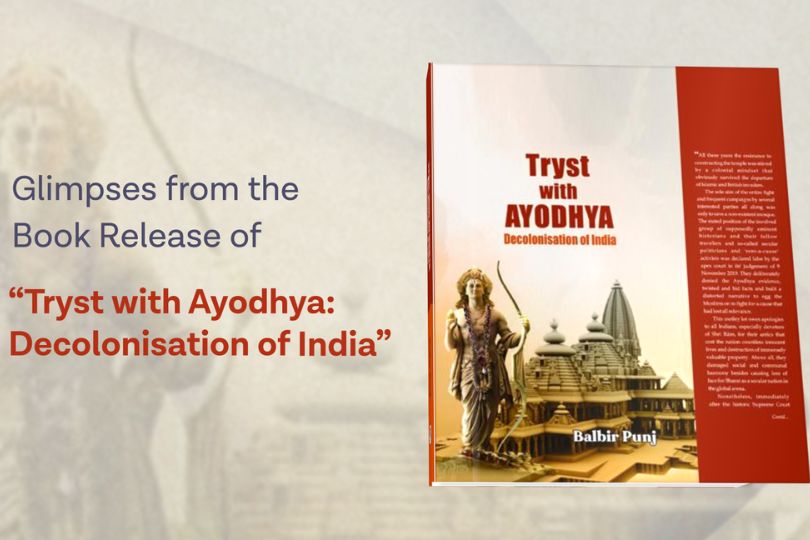


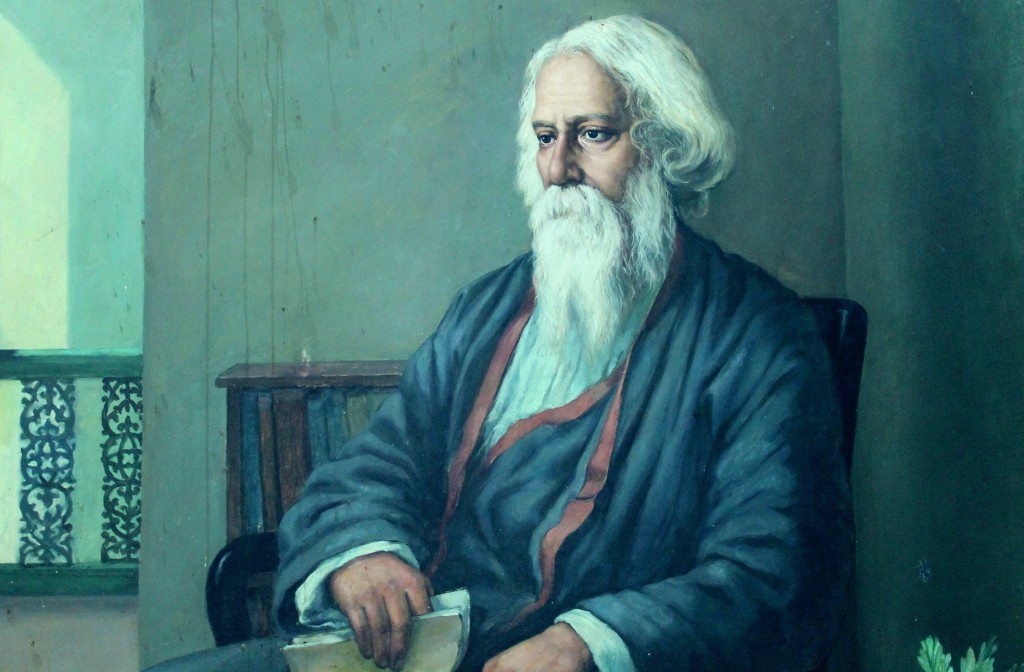
.jpg)

.jpg)
Sorry! No comment found for this post.